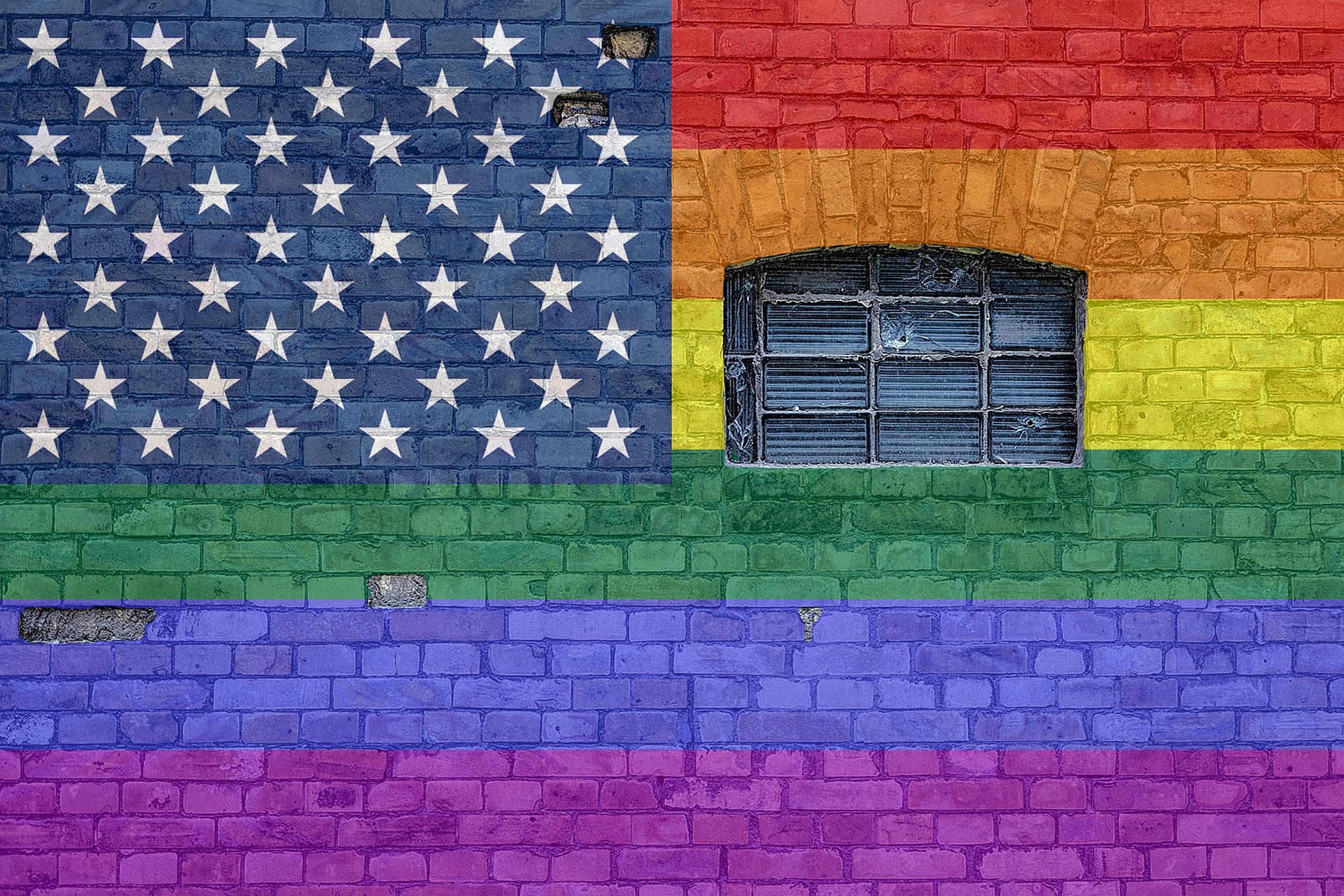If anyone was feeling a bit overdue for another US immigration scandal then you can worry no longer. In his latest attack on the rights of migrants, Trump has now decided to deny G-4 family visas to same-sex partners of foreign diplomats. This essentially means that any such couple wishing to reside in the US must be married by the end of this year if they want to continue living there. The legislation change is also to be applied to the UN, World Bank, and NATO employees, as well as to a number of other international organisations.
As it stands, only 12% of the UN’s 193 member states have legalised same-sex marriage. Diplomats from the remaining 78% now essentially face a catch 22 decision between having to leave the States before January next year or traipsing to city hall for a marriage license and potentially facing prosecution from their own home country for having done so, should they ever wish to return.
As for those looking to move to the States, changes went into place from last Monday that means proof of marriage is now required in order for families to be eligible for a visa that will allow them into the country. The US Mission to the UN – the body responsible for the announcement of the policy change – have kindly promised ‘limited exceptions’ for couples from the 78% of countries whose government’s don’t legally grant them the ability to marry. However, what this actually amounts to in practice remains to be seen. Foreign governments would have to show evidence of same-sex marriage laws in their own country and accept exceptions for diplomats on a case by case basis in order to be granted these special privileges, which is an awful lot of red tape for couples to have to battle through.
So what does this policy change actually achieve, other than making life needlessly more difficult for diplomats with same-sex partners? The State Department has estimated that the change could affect around 105 families currently residing in the US. Clearly, as a demographic, LGBTQ+ diplomats are hardly the straw breaking the camel’s back in the US’s immigration problem. The decision is pitched as a move for equity between the rights of same-sex couples and their heterosexual counterparts (who also are required to be married to be visa-eligible). However, when the two groups are starting from an unequal base, (see the 78% of countries who haven’t yet legalised same-sex marriage) this kind-of parity becomes a much more complicated aim to achieve.
Perhaps Trump was just feeling bitter from the heat he was getting off the back of his controversial Kavanaugh nomination. Maybe he just was in the mood to annoy Hilary Clinton, whose work done as Secretary of State in 2009 he reverses with this enactment. Perhaps he was simply bored and in need of a quick power trip. Whatever his motivations, the decision is a far cry from being any sort of a solution to the US’s immigration problem. Nor is it a positive move towards equality for same-sex couples attempting to live and work in the United States.
Isabel Ralphs

